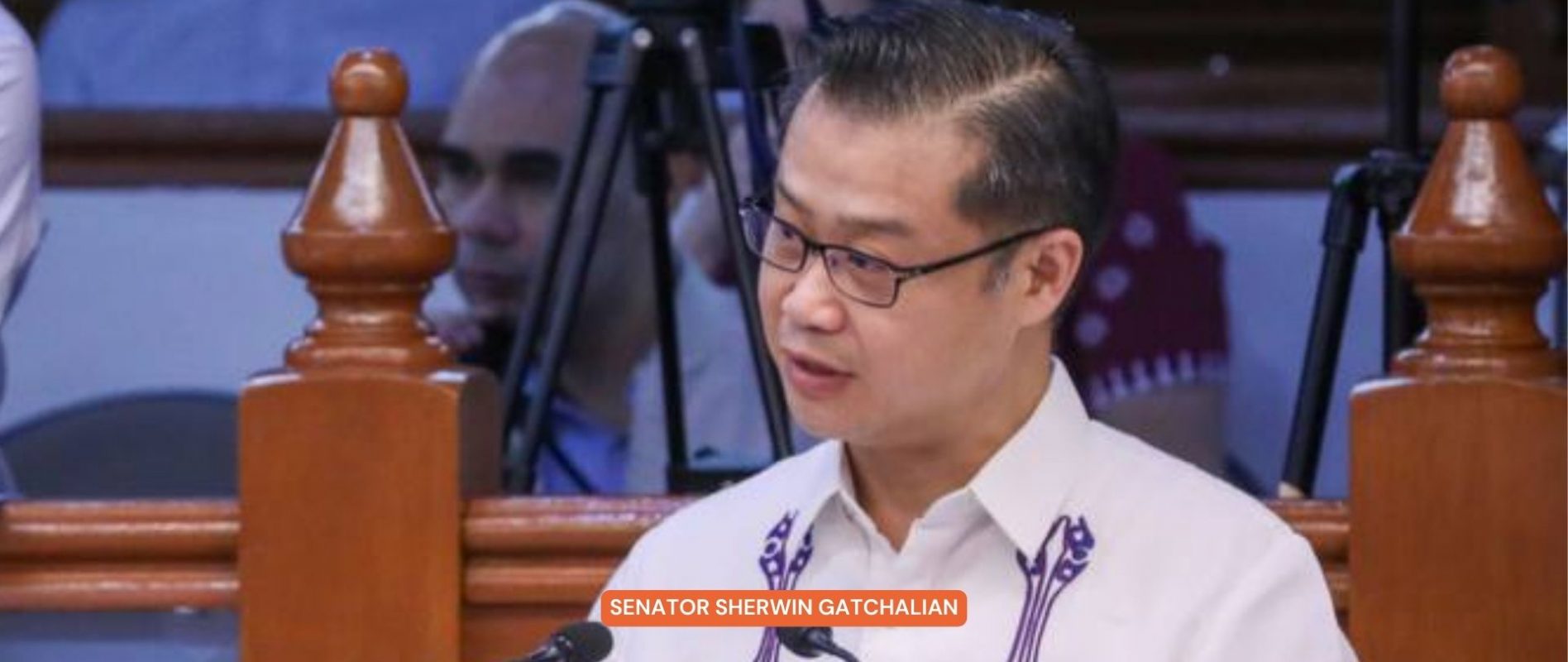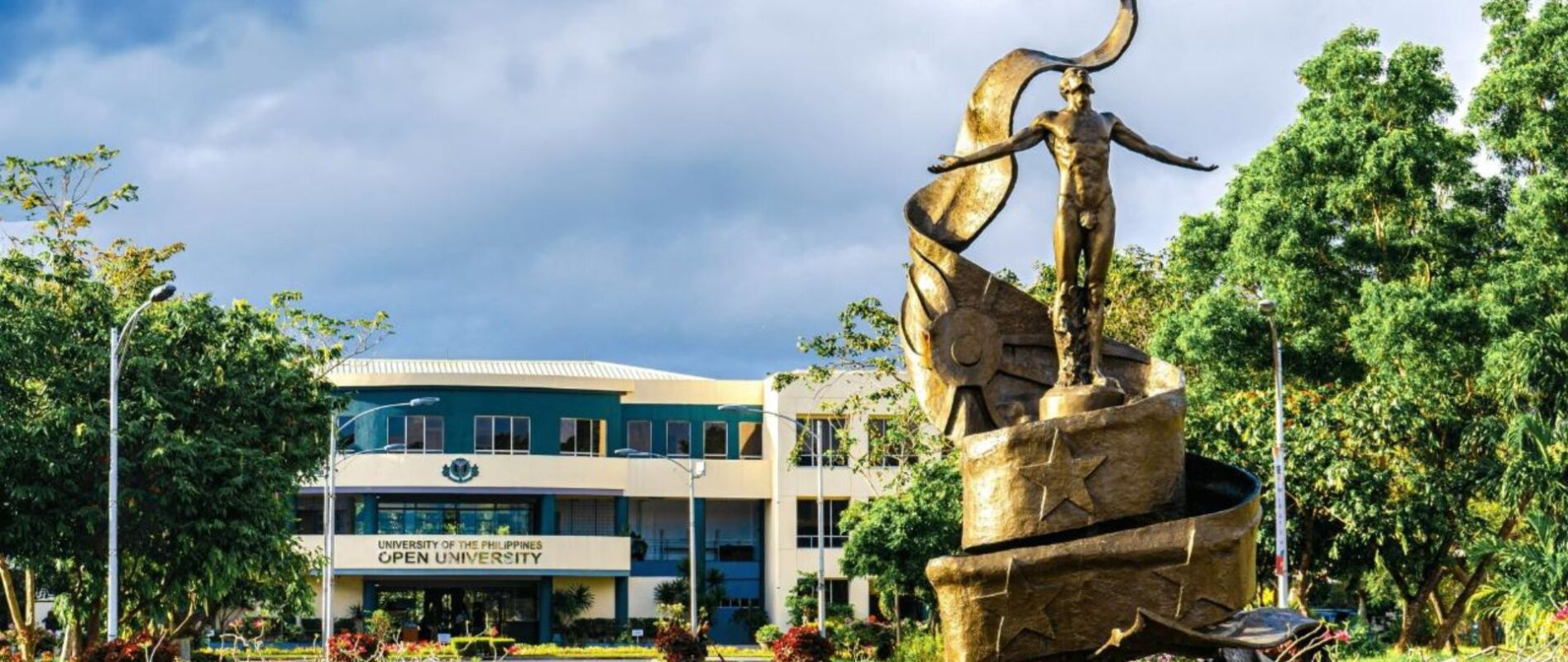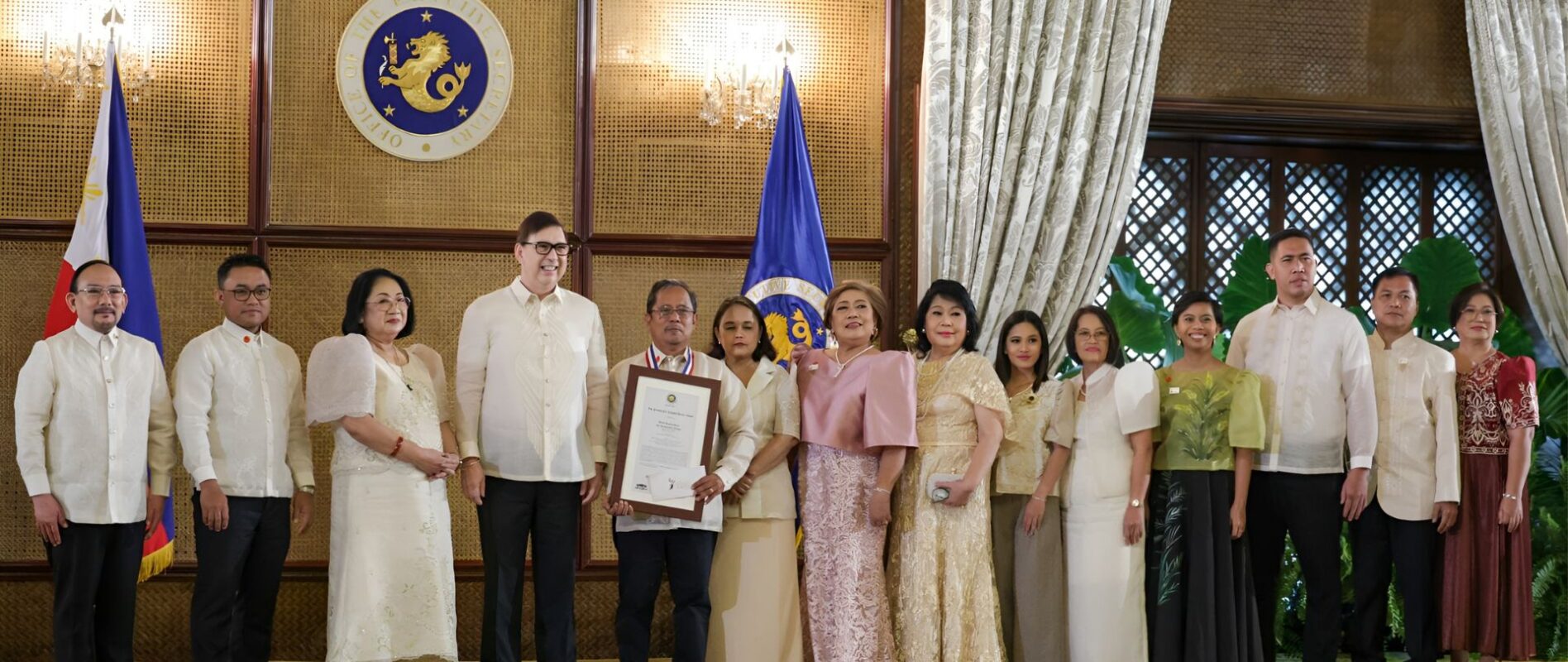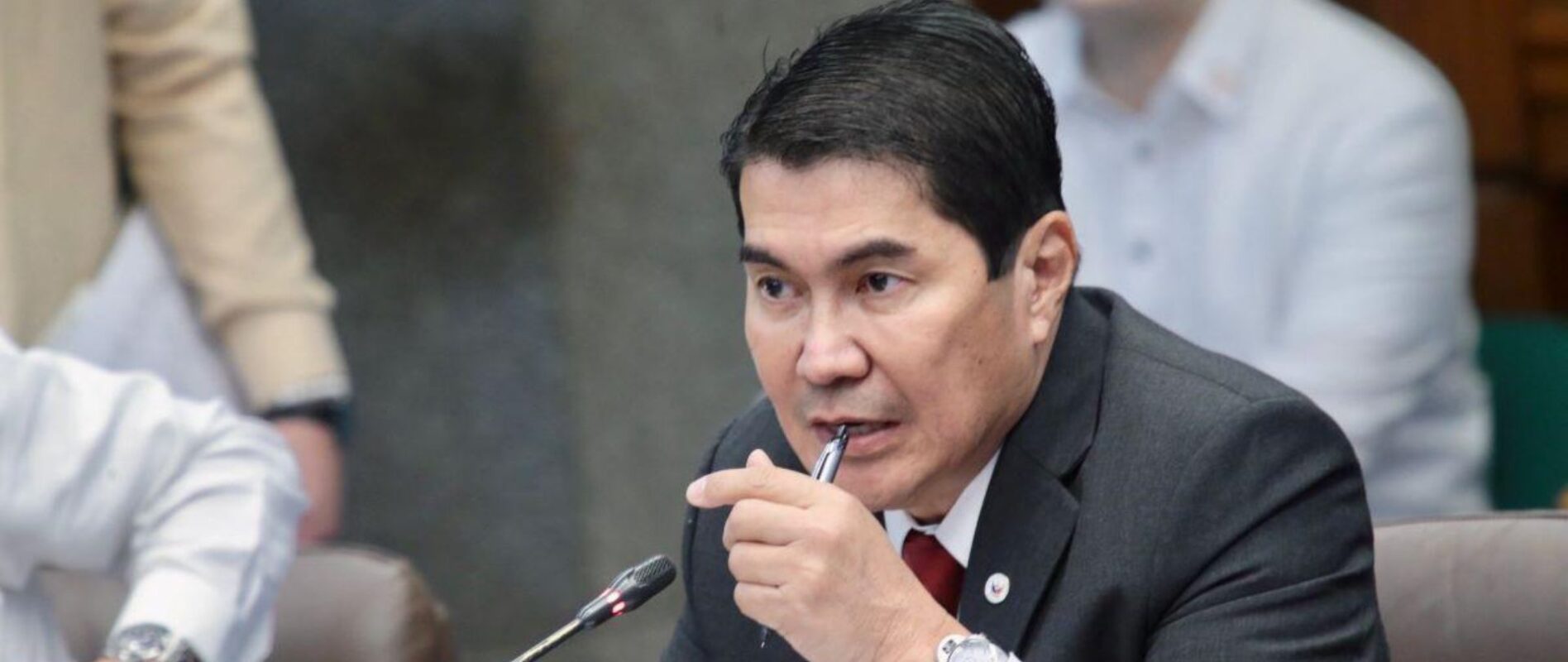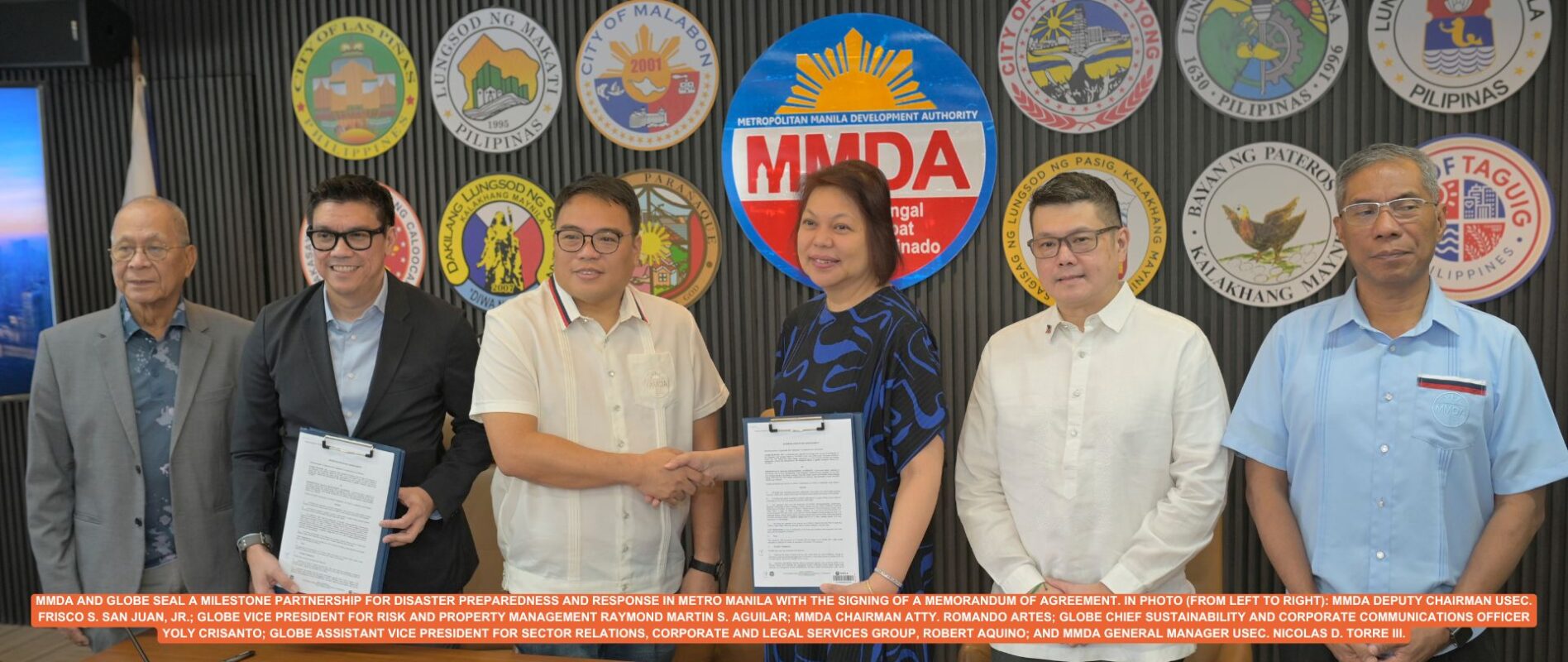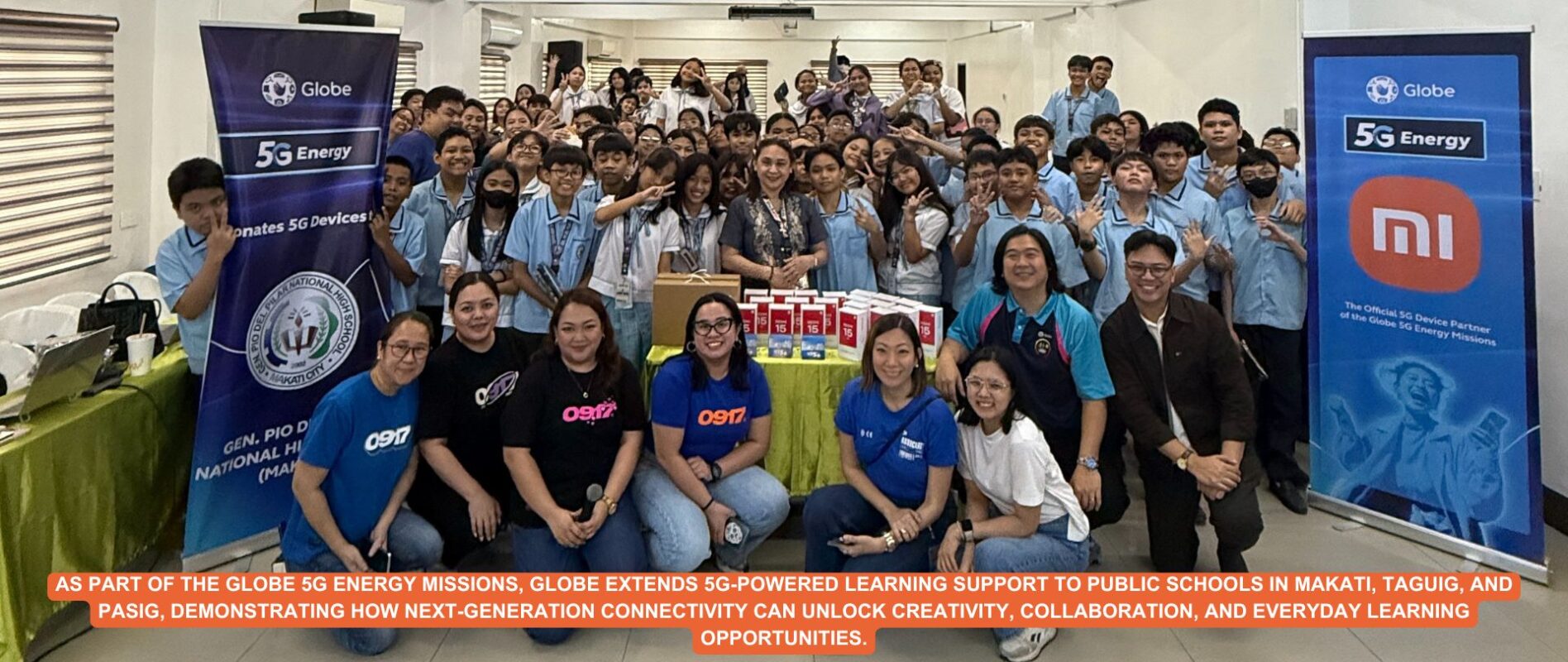LAWMAKER ENDS 19TH CONGRESS WITH STRONG PUSH FOR EDUCATION REFORMS
SENATOR Alan Peter Cayetano concluded the 19th Congress with a legislative agenda that placed education reform front and center, alongside digital governance and disaster preparedness.
As Chairperson of the Senate Committee on Higher, Technical, and Vocational Education, Cayetano led a broad array of education-related bills aimed at expanding access to quality learning across the country—particularly for students in underserved communities.
“Kung hindi ka pinanganak sa mayamang pamilya or you’re not born at the right place at the right time, in the richest cities, will you have the same opportunity of finishing college? This is one thing that we want with these bills,” Cayetano said in a sponsorship speech, underscoring his commitment to educational equity.
Of the 45 bills he filed during the 19th Congress, 28 were principally authored by him.
Eleven of his education measures were approved on third and final reading by both chambers of Congress, with two already enacted into law.
Among his key education-related accomplishments is the ratification of the revised charter of the Polytechnic University of the Philippines—a move aimed at strengthening the university’s autonomy, academic programs, and institutional development.
Another major measure is the Career Progression System for Public School Teachers and School Leaders Act, which seeks to improve the promotion system and support the professional growth of educators.
Cayetano also championed the expansion of TESDA centers and the upgrading of state universities and colleges to ensure broader access to technical and vocational education.
“In remote provinces and poor communities, access to education must be seen not as a privilege but as a basic right. This is the cornerstone of national development,” he emphasized.
The senator’s education advocacy aligns with his broader goal of empowering Filipinos through opportunity and capacity-building.
This vision also includes fostering digital transformation through measures such as the E-Governance Act and the Konektadong Pinoy Act, both of which aim to streamline government services and expand access to affordable internet.
Looking ahead to the 20th Congress, Cayetano—who will serve until 2028—is expected to continue championing reforms in education, good governance, and economic empowerment.
“Education is the great equalizer,” Cayetano said. “If we can give every Filipino a fair shot at learning and growing, we can break cycles of poverty and unlock the full potential of our people.”


